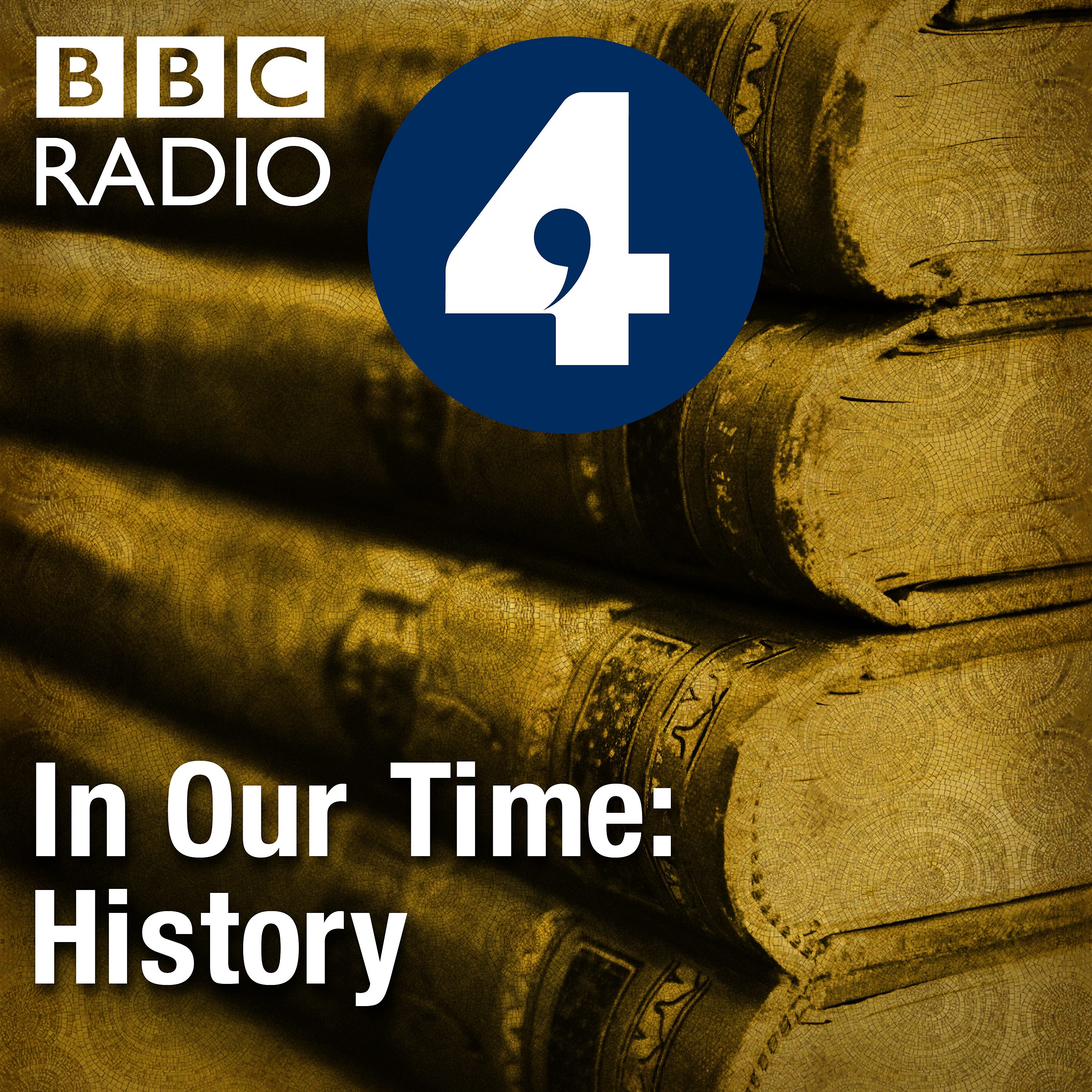The Valladolid Debate
Description
Melvyn Bragg and guests discuss the debate in Valladolid, Spain in 1550, over Spanish rights to enslave the native peoples in the newly conquered lands. Bartolomé de Las Casas (pictured above), the Bishop of Chiapas, Mexico, was trying to end the encomienda system in which those who now owned the land could also take the people in forced labour. Juan Gines Sepulveda, a philosopher, argued for the colonists' property rights over people, asserting that some native Americans were 'natural slaves' as defined by Aristotle. Valladolid became seen as the first open attempt by European colonists to discuss the ethics of slavery, and Las Casas became known as 'Saviour of the Indians' and an advocate for human rights, although for some time he argued that African slaves be imported to do the work in place of the native people, before repenting.
With
Caroline Dodds Pennock
Senior Lecturer in International History at the University of Sheffield
John Edwards
Faculty Fellow in Spanish at the University of Oxford
And
Julia McClure
Lecturer in Late Medieval and Early Modern Global History at the University of Glasgow
Producer: Simon Tillotson
More Episodes
Melvyn Bragg and guests discuss the most influential work of Thorstein Veblen (1857-1929). In 1899, during America’s Gilded Age, Veblen wrote The Theory of the Leisure Class as a reminder that all that glisters is not gold. He picked on traits of the waning landed class of Americans and showed...
Published 12/14/23
Published 12/14/23
Melvyn Bragg and guests discuss the North African privateers who, until their demise in the nineteenth century, were a source of great pride and wealth in their home ports, where they sold the people and goods they’d seized from Christian European ships and coastal towns. Nominally, these...
Published 12/07/23


